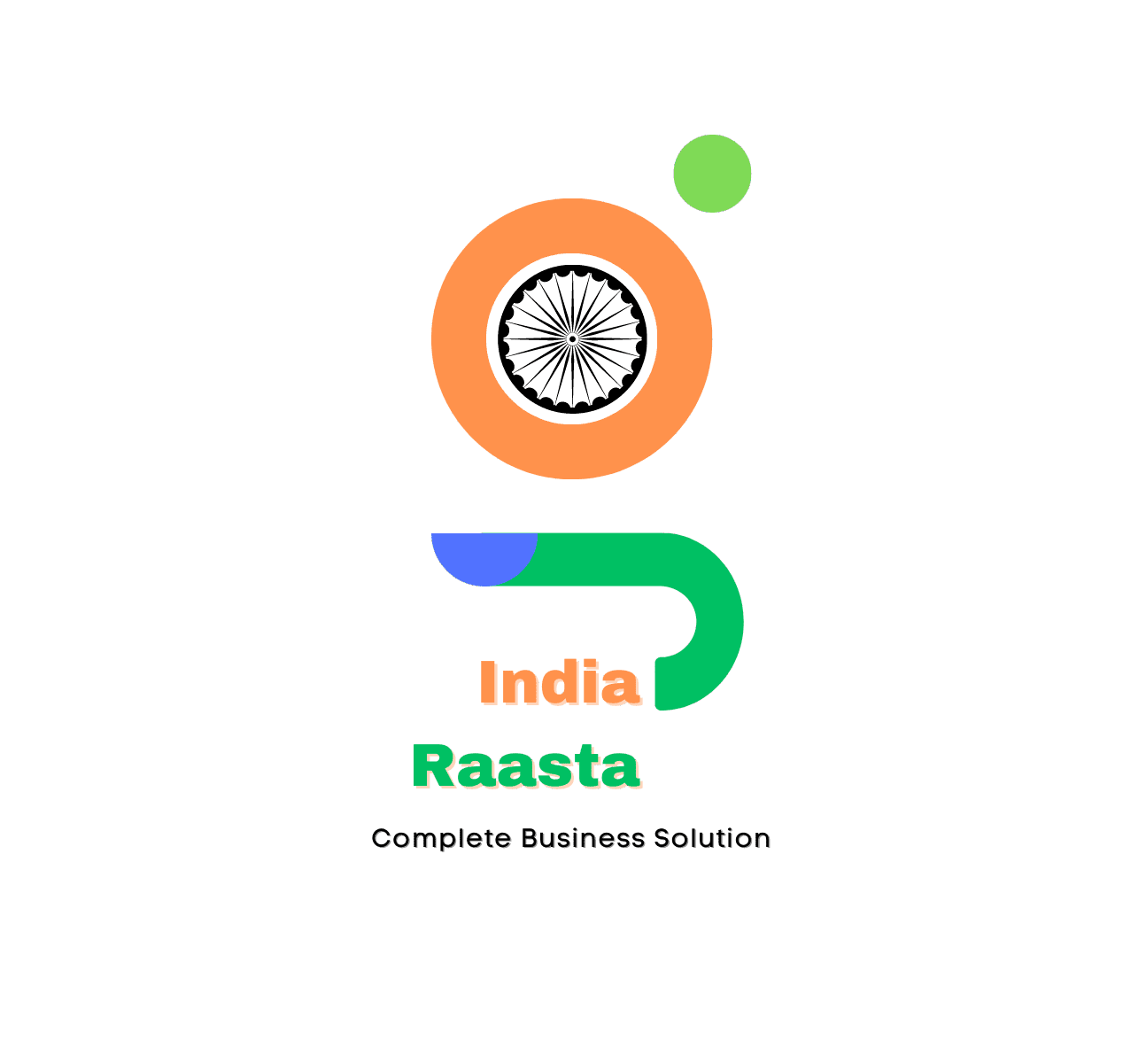Government Registration in India
At IndiaRaasta, we simplify the process by providing end-to-end support for all types of government registrations—ensuring quick, reliable, and affordable compliance solutions.
Why Government Registration is Important?
- Legal recognition for your business
- Eligibility for tax benefits and government incentives
- Helps avoid penalties and legal issues
- Required for banking facilities and loans
- Builds trust and credibility with customers and partners
Types of Government Registrations in India
1. GST Registration
Mandatory for businesses with turnover above threshold limits. It is required for tax compliance, input tax credit, and interstate trade. Applicable for proprietorships, companies, partnerships, and freelancers.
2. MSME / Udyam Registration
For Micro, Small, and Medium Enterprises. It helps in availing government subsidies, loans at lower interest rates, and participation in government tenders.
3. Shop and Establishment Act Registration
Mandatory for all shops, offices, and commercial establishments. It regulates working hours, employee rights, wages, and leave policies.
4. FSSAI Registration / License
Required for food businesses such as restaurants, food manufacturers, and distributors. Ensures compliance with food safety and hygiene standards.
5. Import Export Code (IEC) Registration
Compulsory for businesses involved in import or export activities. Issued by the Director General of Foreign Trade (DGFT).
6. ESIC Registration
Employee State Insurance Corporation registration is required for companies with 10 or more employees. It provides health and medical benefits to workers.
7. EPFO Registration
Mandatory for companies with 20 or more employees. Provides provident fund and retirement benefits for employees.
8. Professional Tax Registration
Required in specific states for businesses and professionals. Levied on salaries and professional income.
9. Digital Signature Certificate (DSC)
Used for signing electronic documents such as GST, MCA, and Income Tax filings.
10. Other Registrations
Includes Trade License, Fire License, Pollution Control Board NOC, and Labour Law Registrations.
Documents Required for Government Registrations
- Aadhaar and PAN of proprietor/partners/directors
- Business PAN Card
- Proof of business address (Rent Agreement or Utility Bill)
- Incorporation or Partnership documents (if applicable)
- Bank account details
- Passport-size photographs
Process of Government Registration with IndiaRaasta
- Consultation and eligibility check
- Collection of documents online
- Preparation and filing of applications with authorities
- Government verification and processing
- Issuance of official certificate or license
Benefits of Choosing IndiaRaasta
- One-stop solution for all government registrations
- Experienced consultants and legal professionals
- Transparent and affordable pricing
- PAN-India online services
- Fast, simple, and hassle-free compliance process
Conclusion
Government registration is the backbone of a legally compliant business in India. From GST to MSME, FSSAI to EPFO, each registration ensures that your business operates smoothly, avoids penalties, and avails all possible benefits.
At IndiaRaasta, we provide complete guidance and filing support for all types of government registrations so that you can focus on growing your business while we handle your compliance needs.
Contact IndiaRaasta today for professional assistance in government registrations.
Phone/WhatsApp: 8700303300
Website: www.indiaraasta.com









